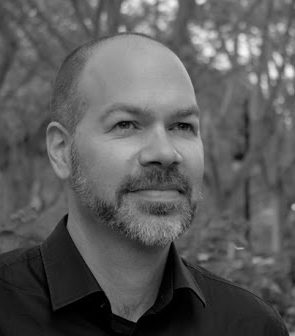Can the Excluded Criticize? On the (Im)possibilities of Formulating and Understanding Critique
If critique does not want to be more than just a ‘passion of the head’ it has to engage in dialogue with the worst-off in society. However, there are several mechanisms that hinder the excluded from giving words to their suffering. Furthermore, there are processes of invisibilization that impede even the perception of the excluded and their critique in the public space. The aim of this article is to conceptually explore the mechanisms of formulating critique by the excluded and of understanding critique in the public space. Therefore, I first provide a brief overview on the meaning of critique before then presenting suffering as a language of critique. In a third step, I explore the multiple mechanisms that hinder suffering from becoming visible and end up discussing some (fragmented) solutions for overcoming these invisibilities. Although the excluded is hindered in formulating public critique in linguistic form, the suffering of the excluded can be understood as the ground for a powerful form of social critique.

